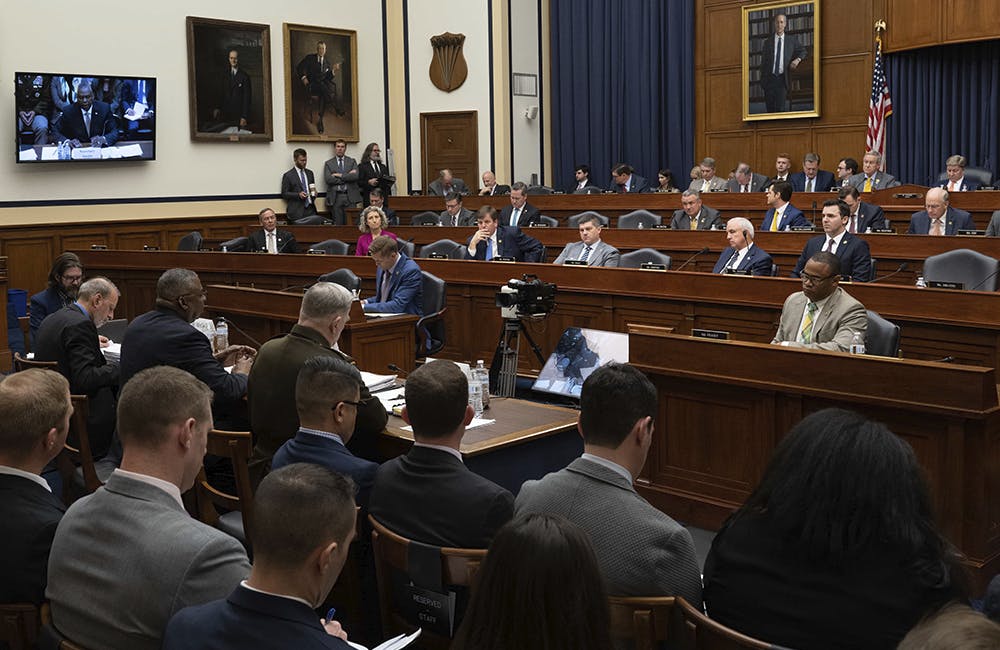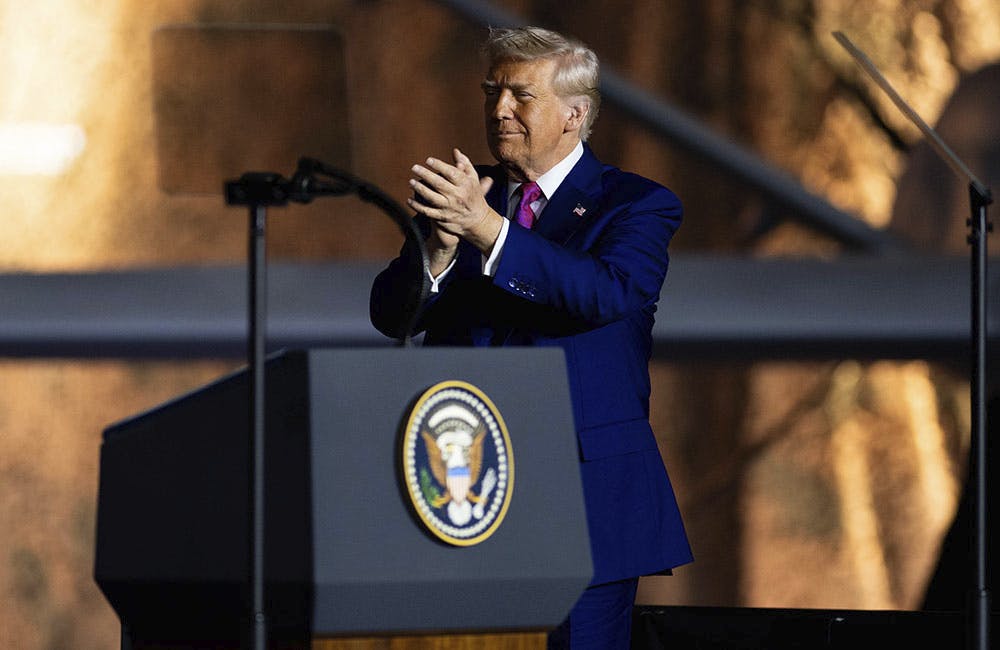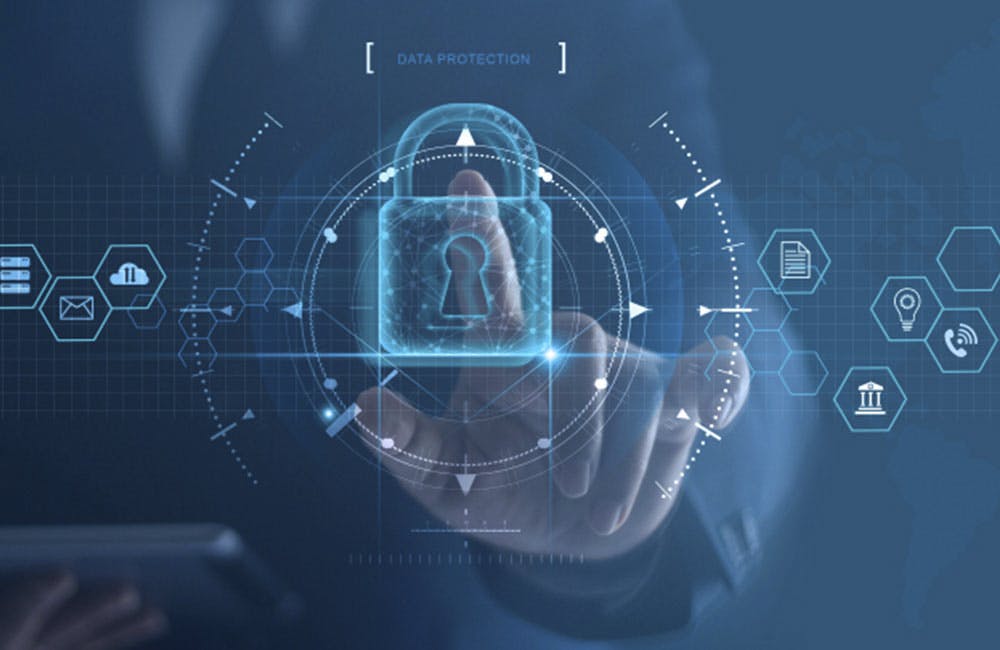2024 NDAA Would Bring Sweeping Changes Meant to Scale Tech Innovation
The House and Senate armed services committees approved versions that would impact defense network security, innovation and the workforce.

The Senate and House armed services committees have approved their respective versions of the 2024 National Defense Authorization Act outlining the nation’s defense funding priorities that include provisions to enhance the Defense Department’s cyber posture, adopt emerging technologies and attract more cyber talent.
The committees took the first step last week, kicking off a months-long process of negotiating and reconciling the bill, and voting on the final version before it goes to the president for approval.
A Senate executive summary for the bill highlighted several technology and cybersecurity priorities, including developing artificial-intelligence and machine-learning tools, establishing a team to implement security enhancements for the nuclear command, control and communications network, as well as directing a briefing on Thunderdome zero trust architecture implementation plan.
The House armed services committee’s bill largely focuses on developing a workforce capable of supporting DOD’s growing cyber needs, scaling up innovation, increasing network security and streamlining commercial technology integration to meet the department’s growing cyber priorities.
“In the strategic competition with the Chinese Communist Party, they are of the belief that they can beat us. We should seek to prove them wrong. And with that, I am very excited about the mark that we have before us,” Rep. Mike Gallagher, chairman of the House Armed Services Committee’s Subcommittee on Cyber, Information Technologies, and Innovation, said in his opening remarks during the subcommittee’s markup hearing June 13.
Key Changes That Scale Innovation
The approved bill includes a near-term quantum-computing pilot program that would require DOD to partner with a federally funded research and development center and the quantum industry. Together, they would explore solutions using quantum capabilities and analyze the program findings.
The bill would also require DOD to create an intellectual property strategy to promote technological innovation and better protect the technological edge.
The approved legislation also calls for the extension of the Domestic Investment Pilot Program under the Small Business Innovation Research program coordinated by the Small Business Administration until September 2027.
Additionally, the bill would not only expand the responsibilities of the Under Secretary of Defense for Research and Engineering, a position currently held by Heidi Shyu, but also rename the position to the Under Secretary of Defense for Technology Integration and Innovation.
If passed, the bill would restructure the Defense Innovation Unit, where its director would report to the Secretary of Defense instead of reporting to the Under Secretary of Defense for Research and Engineering. The shift would require Defense Secretary Lloyd Austin to evaluate whether the DIU workforce levels meet the growing needs and responsibilities of the organization.
Increasing Cyber Posture
The approved bill would require Austin to establish a central program office under the DOD CIO to oversee and streamline how it engages with academia. Specifically, the new program office would coordinate academic cyber-related programs, evaluate the effectiveness of current programs, help the department identify how to improve its personnel’s skills, and manage funds for various cyber scholarships and programs.
The committee also requires the DOD CIO to provide lawmakers with a gap analysis in the policies governing the Pentagon’s bring-your-own-device program. It also directs the chief digital and artificial intelligence officer, a position currently held by Craig Martell, to brief the House Committee on Armed Services on the implementation status of the office’s AI educational strategy.
The panel also recognizes the challenges DOD faces in securing the Defense Industrial Base. The bill would require defense leaders to brief the committee on efforts they are undertaking to secure the DIB, especially the efforts that are underutilized.
“This mark is the starting place,” Gallagher wrote in a statement. “In the weeks and months to come, we will continue to adapt and improve these policies to build a more resilient and capable military. My goal as chairman of this subcommittee is not to simply admire the problem. The future of conflict is here, and we must give our warfighters the authorities and capabilities necessary to win it.”
This is a carousel with manually rotating slides. Use Next and Previous buttons to navigate or jump to a slide with the slide dots
-

Trump Overhauls Federal Cybersecurity with New Executive Order
The new directive aims to strengthen digital defenses while rolling back "burdensome" software requirements and refocusing AI security.
3m read -

Lawmakers Considering Quantum Legislation Reauthorization
Reauthorizing the National Quantum Initiative Act could ramp up quantum development amid increased foreign pressure.
3m read -

Agencies Advance Quantum Use Cases to Maintain Competitive Advantage
Federal leaders are exploring potential quantum use cases to maintain national competitiveness as the technology gains traction.
4m read -

Opinion: America's Reindustrialization Must Be AI-Driven
The future of American industry built by artificial intelligence drives a need to upskill the workforce and leverage tariffs carefully.
4m read -

Inside the Latest Version of NIST’s Cybersecurity Framework
Stephen Quinn discussed how the Cybersecurity Framework 2.0 can enhance cybersecurity governance and prepare for the future.
9m watch -

Defense Officials Talk Commercial-First Approach to CJADC2
Industry will play a large role in piloting and scaling solutions within the combined information and decision advantage approach in CJADC2.
4m read -

How Will the Trump Administration Handle Quantum Policy?
Tech leaders are calling on the new administration to revisit quantum efforts as the president develops new visions for technology.
6m read -

New DHS Secretary Sets Sights on Cybersecurity
Kristi Noem plans to utilize "cutting-edge" technologies to combat emerging cybersecurity threats and support the agency's workforce.
5m read -

Trump Nominees Enter Senate Confirmation Hearings This Week
Donald Trump’s cabinet picks will begin Senate hearings this week. This includes VA's Doug Collins and others shaping future IT priorities.
6m read -

FDA Outlines Future Tech Priorities
FDA is advancing its tech capabilities with quantum computing, zero-trust architecture and modernized data sharing.
6m read -

CBP Leads Federal Post-Quantum Cryptography Work
The agency began its post-quantum cryptography migration two years ago and thinks others would benefit from its lessons learned.
4m read -

How Marines' Project Dynamis is Supporting CJADC2 Data Effort
Col. Jason Quinter delves into the origins of Project Dynamis and how the program builds upon the Pentagon's larger strategy.
5m read















